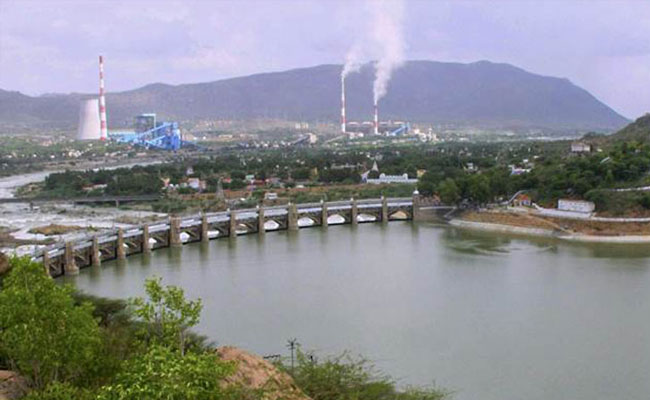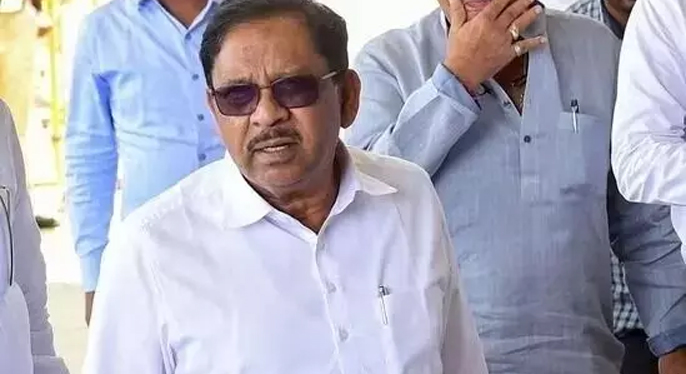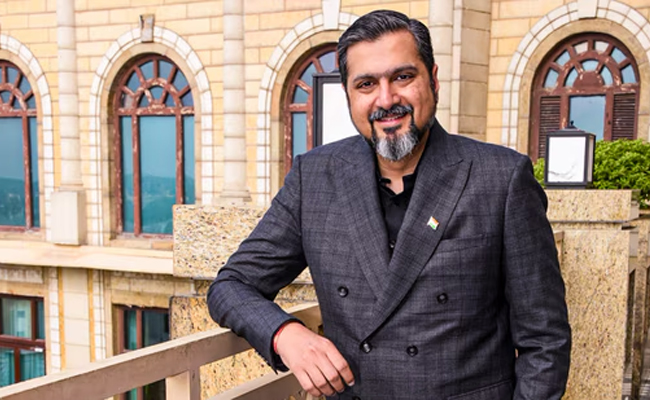Bengaluru (PTI): Normal life is likely to be affected, especially in the southern part of the state, with pro-Kannada and farmers' organisations calling for Karnataka Bandh' on Friday to protest the release of Cauvery water to Tamil Nadu.
Kannada Okkuta', an umbrella organisation for Kannada outfits including factions of Karnataka Rakshana Vedike, Kannada Chalavali (Vatal Paksha) and various farmers' bodies have given a call for the statewide dawn-to-dusk shutdown.
There will be a massive protest procession from Town Hall to Freedom Park in the city, in which people from all walks of life are likely to participate, the organisers said.
They have said that the bandh is for the entire Karnataka and that they will try to shut highways, toll gates, rail services, and also airports.
The opposition BJP and JD(S) too have extended their support to the bandh, as also hotels, autorickshaws and hail riders associations in Karnataka.
"Autorickshaw Drivers' Union and Ola Uber Drivers and Owners' Association (OUDOA) are supporting the bandh. We will take out a rally from Nayandahalli to the Freedom Park tomorrow," its president Tanveer Pasha told PTI.
An office bearer of the Karnataka State Private Schools' Association told PTI that they were extending moral support' to the bandh.
"We have told our association members to use their discretion regarding the bandh. We have communicated to our students that there are chances of schools remaining shut," the office-bearer said.
The Bruhath Bangaluru Hotel Association has extended its 'moral support' to the strike. However, they were holding a meeting to take a final decision on whether to keep the restaurants and eateries shut for the whole day on Friday.
Meanwhile, the State Transport Department has issued directions to the state transport corporations to continue their services as usual.
Farmers and traders in the northern part of Karnataka such as Ballari, Kalaburagi, Bidar, Bagalkote, Vijayapura, Yadgir, Hubballi-Dharwad, Gadag, Haveri, Koppal and Davangere have extended their moral support' to the bandh but said they will not shut down their businesses.
Meanwhile, a few activists on Thursday staged protests in the Cauvery heartland of Mandya against the release of Cauvery water to Tamil Nadu. They have been staging agitation for the past 15 days.
They alleged that the state government had been lenient towards Tamil Nadu and had not been pursuing the matter properly.
Let the Truth be known. If you read VB and like VB, please be a VB Supporter and Help us deliver the Truth to one and all.
Kolkata (PTI): Seven people were arrested from the Parnashree area in the southern part of the city for allegedly running a fake call centre, a police officer said on Saturday.
Acting on a tip-off, police raided a house on Netaji Subhas Road on Friday night and found the fake call centre operating from the ground floor, he said.
Preliminary investigation revealed that the accused had set up a bogus company using forged documents and posed as employees of an antivirus firm to call citizens in the US, the officer said.
"The callers would gain the trust of victims and then use remote access to take control of their phones or other digital devices. The accused allegedly siphoned off large sums of money, running into millions of dollars, from victims' accounts," he said.
Five laptops, two WiFi routers, six mobile phones and four headsets were seized from the accused, he said, adding that the seven are being questioned to ascertain the full extent of the racket and to identify others involved.





